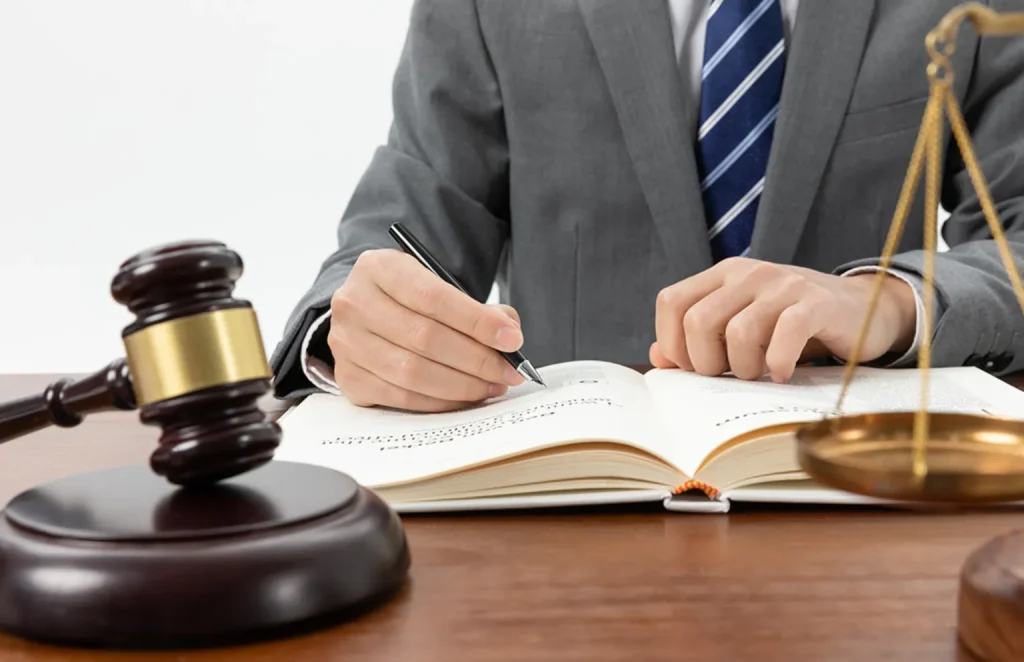Delaware Criminal Law has historically been an area of contradiction when it comes to its politics and how it treats criminal offenders. Delaware has traditionally been a State dominated by the Democratic Party, which typically aligns itself with rehabilitating criminal behavior and attempts to keep incarceration rates low. The effect of politics on Delaware criminal law, however, has seemed to be the opposite of what one would expect from a blue state. Delaware has often been home to draconian laws which limits the authority of judges and puts shackles on an offender who desires to build a productive life after serving a sentence. Minimum mandatory sentences were commonplace, as were probation designed more to punish an offender and set them up for failure than reintegrate an offender as a productive citizen. The obstacles to moving past a mistake were plentiful. It should, therefore, come as no surprise that Delaware has one of the highest rates of incarceration and recidivism in the country.
Two bills signed into law in 2014 are attempting to reverse the trend. House bill 312 changed sentencing laws to allow judges the discretion to impose concurrent jail sentences where appropriate. Previously, all Delaware jail sentences were required to be served consecutively, they could not be served concurrently. Delaware is the last state to enact such a law as all 49 of the other states allow judges to determine whether concurrent or consecutive sentences are appropriate in a given case. Delaware judges will now have that same discretion.
House Bill 217 will perhaps have the greatest impact on how offenders are treated and their likelihood of successfully putting their criminal conduct behind them. One of the biggest obstacles for an offender who was convicted of a drug offense was the impact it had on their license. Previously, Delaware imposed a mandatory loss of license for drug crimes whether the offense had anything to do with a motor vehicle or not. Typically the Court would then also impose conditions of probation requiring offenders to travel to counseling, treatment, meetings, probation appointments, etc. The legislature understood that these requirements along with a loss of license provided a significant obstacle to successfully completing probation, maintaining employment and earning a living. Suspending someone’s license for a drug offense that has nothing to do with driving does nothing to deter drug use. It also increases the number of people who get stuck in the criminal justice system because they are simply unable to comply with the conditions imposed upon them along with the arbitrary loss of license. House Bill 217 attempts to address that.
Hopefully, these reforms to the Delaware criminal law will have a positive effect on an offender’s ability to re-enter the community in a healthy and productive way. By removing obstacles and treating offenders as individuals, we could see a positive impact on our incarceration and crime rates. Time will tell.
For more information, call 302-855-9300 (Georgetown) or 302-422-9300 (Milford) 302-628-9300 (Seaford) or go to our website, www.murrayphillipslaw.com.

